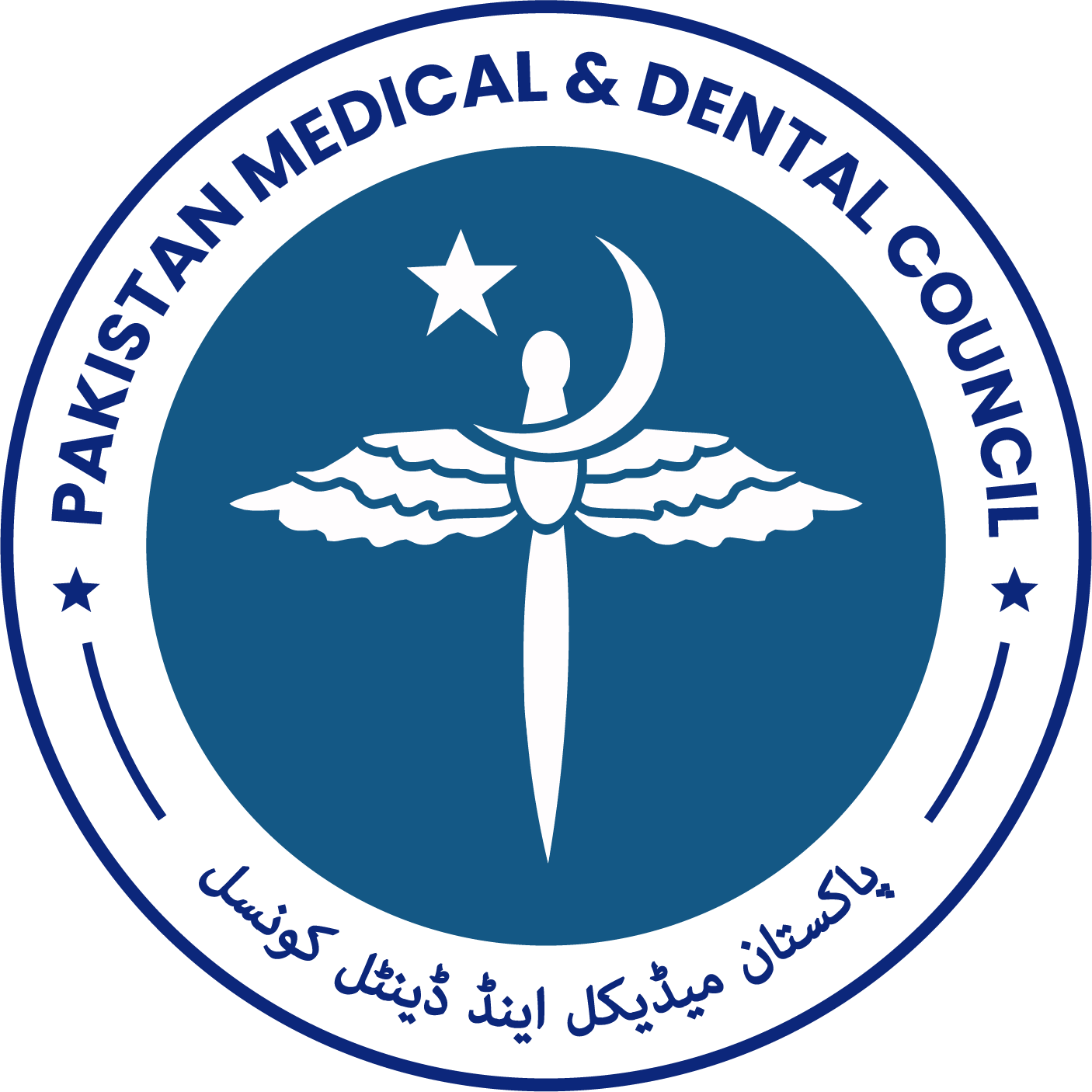Sleep Disturbance and Daytime Sleepiness among Undergraduate Medical Students in Islamabad: A Single-Institution Cross-Sectional Study
DOI:
https://doi.org/10.37185/LnS.1.1.917Keywords:
Daytime Sleepiness, Medical College, Sleep Disturbance, Undergraduate StudentsAbstract
Objective: To determine the prevalence of poor sleep quality and daytime sleepiness among undergraduate
medical students and to explore the association between the two scores. Additionally, to compare the sleep
quality and daytime sleepiness across gender and academic levels, and identify key factors associated with
poor sleep quality and daytime sleepiness, including BMI, screen time, smoking, and exercise.
Study Design: Cross-sectional study.
Place and Duration of Study: The study was conducted at the Department of Community Medicine, HBS
Medical and Dental College, Islamabad, Pakistan from 26th April 2024 to 30th January 2025.
Methods: A total of 330 undergraduate students were included in the study. A stratified random sampling
technique was employed. The data collection in this study consisted of a questionnaire developed through a
comprehensive review of relevant literature. The initial pool of items was derived by examining widely cited
theoretical frameworks and empirical studies on sleep disturbances and sleep quality. The questionnaire
underwent an expert review, and a pilot test was subsequently conducted with a sample of 20 participants to
refine the wording, assess item clarity, and determine internal consistency. Data were collected through a selfadministered
questionnaire in English, which was entered, managed, and analyzed using SPSS version 25.
Results: Among 330 undergraduate medical students, 64.2% were females, and the mean age was 21.47±1.776
years. The majority of medical students (71.5%) had poor sleep quality, with a mean poor sleep score of
6.73±3.328. Daytime sleepiness was prevalent among 41.5% of medical students, with a mean of 9.17±3.838. A
statistically significant association was found between sleep disturbance and daytime sleepiness (P≤0.001).
Conclusion: The study concluded that both sleep disturbance and daytime sleepiness were observed among
medical college undergraduate students, but sleep disturbance was more prevalent than daytime sleepiness. A
significant association was found between sleep quality and daytime sleepiness, with gender and academic
year identified as associated factors.
How to cite this: Zubair AA, Zubair FA, Gillani SMAHS, Jhagrah OZ. Sleep Disturbance and Daytime Sleepiness among Undergraduate Medical Students in Rawalpindi: A Single-Institution Cross-Sectional Study. Life and Science. 2025; 6(2): 168-177. doi: http://doi.org/10.37185/LnS.1.1.917











